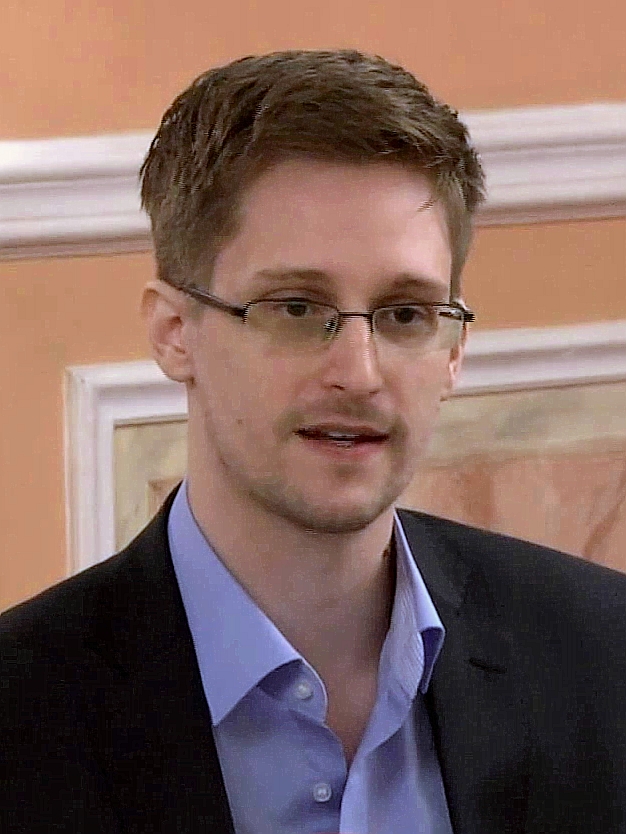There have been concerns over the ways that different governments have been collecting and presenting data during this COVID-19 pandemic.
Edward Snowden spoke about this in an interview on Monday, April 6th, 2020. He said that increased surveillance as a result of the COVID-19 pandemic could cause citizens to lose their civil liberties even after the coronavirus pandemic.

American whistleblower Edward Snowden has been living in Russia, where he was granted asylum after leaking confidential government material in 2013.
Here are the highlights of his interview:
- Different countries have been taking different measures in a bid to curb the increasing spread of the virus. Some of the measures, which all point towards increased surveillance, include tracking of individual mobile devices without permission or a warrant.
- He said that also some states would demand access to people’s health data
Some of you may recall that Edward Snowden was the same man who revealed the breadth of NSA spying in 2013. Now, he has left the note of warning that increased surveillance as a result of the coronavirus could affect civil rights. This infringement, he explains, could continue even long after the virus is gone.
Edward Snowden said these in a video conference interview for the Copenhagen Documentary Film Festival. He warned that from a theoretical aspect, the new measures states are using to curb the COVID-19 pandemic are likely to be retained and will last even when the viral pandemic has elapsed.
He said that governments could send orders to all fitness trackers (this includes devices for checking pulse and heart rate) demanding access to user data even in the future.
He expressed concerns about how this could result within the next five years after the virus has subsided. He believes that the data will still be available to these governments. According to him, “they are likely not to stop using the resources available, and they may even apply artificial intelligence to process them. This entails that the government of said states already know what their citizens are searching up on the internet. They also know their citizens’ heart rates, and they even know the direction where their mobile phones are moving. It would be easy for them to use the whole data at their sole discretion.”
So far, no reports have been made of any state or government demanding access to health-related data from advanced wearable like the popular Apple Watch. This, however, doesn’t dispel the fact that a lot of countries are rapidly introducing new surveillance methods in line with fighting the novel coronavirus. Normally decisions like these are made behind closed doors and given minimal if any media coverage. Government press release wordings are written in the manner of justifying these measures as a necessity for public health, and no privacy concerns are brought up.
Some European countries like the UK, Germany, and Italy have already made several deals with reputable telecom companies to create virtual heat maps showing the movement of people using anonymous aggregated data.
Israel has permitted their spy services to hack the phones of citizens without a warrant. Singapore also has devised means of tracking people who may have been exposed to the virus through the use of a smartphone app that monitors the coronavirus spread.While South Korea has gone as far as sending out warning text alerts to people who may have been exposed to the decease.
In Eastern-Europe, Poland created a system that ensures that its citizens are staying under quarantine with a downloadable app developed by the government. This app occasionally requests for selfies. Taiwan also devised means of tracking people on quarantine via an electronic system. They developed an electronic virtual fence system, which alerts the police department about any inappropriate movement made by patients on quarantine.
These new government policies leave room for a lot of skepticism. People can’t help but wonder if they should be concerned about the safety of their private information.
OrangeWebsite’s CEO – Henri K. Johannes commented regarding the news: “Nonetheless, normal people must educate themselves regarding “the whole package” that comes with these new laws and regulations, without neglecting the possibility of misuse of the collected data on a governmental level. It is also important remember that there are ways of extending the protection of your privacy by using already existing systems, such as VPN or data encryption.”
The next months will show the direction each country will take on this matter. We will keep following the topic closely and update our readers if things change drastically. In a meanwhile, stay safe and care for one another.


Recent Comments